Originally posted by Pelister
View Post
Sclavonia in modern Italian means Slavonia, a region in Crotia.
"Scuola di San Giorgio degli Schiavoni" this school was founded in 1451 by the Dalmatian population in Venice.
"Schiavoni" /ski,a,vo,ni/ translated from Italian means - SLAV
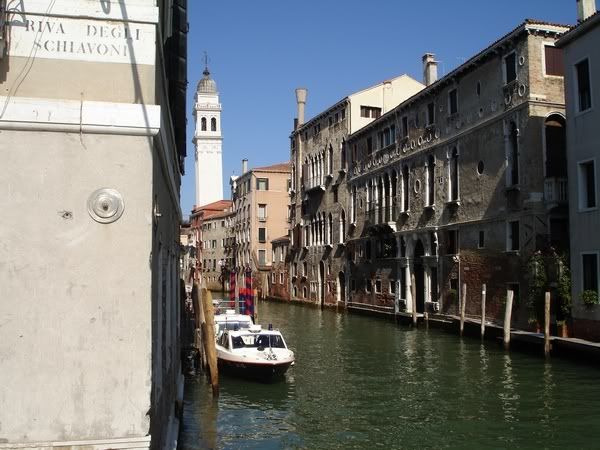
But also something else is interesting:
Sclavonia may refer to:
Scalovia (Prussia)
Scalovia (German: Schalauen) was the area originally inhabited by the now extinct Baltic tribe of Skalvians or Scalovians (German: Schalauer) which according to the Chronicon terrae Prussiae of Peter of Dusburg lived to the south of the Curonians, by the lower Memel (Nemunas) river, in the times around 1240.
The centre of Scalovia was supposed to be Ragnit (Raganita).
The origin of the name according to Prussian chronicles is derived from one of the Prussian brothers name Schalauo.
The inhabitants can be traced back to burial grounds with cremated remains and occasional graves of horses. Judging from the diggings, Scalowians are assumed to be relative to other western Balts such as Curonians and more distantly to eastern Balts such as Latvians and Lithuanians.
The territory once inhabited by Scalovian people, which had been a part of Lithuania Minor, is now divided between Lithuania and Kaliningrad Oblast.
The centre of Scalovia was supposed to be Ragnit (Raganita).
The origin of the name according to Prussian chronicles is derived from one of the Prussian brothers name Schalauo.
The inhabitants can be traced back to burial grounds with cremated remains and occasional graves of horses. Judging from the diggings, Scalowians are assumed to be relative to other western Balts such as Curonians and more distantly to eastern Balts such as Latvians and Lithuanians.
The territory once inhabited by Scalovian people, which had been a part of Lithuania Minor, is now divided between Lithuania and Kaliningrad Oblast.







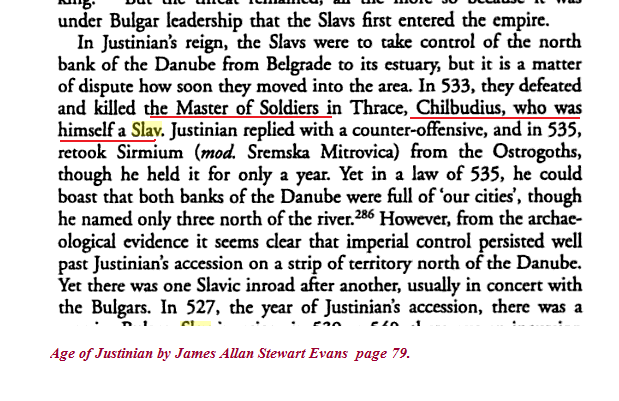
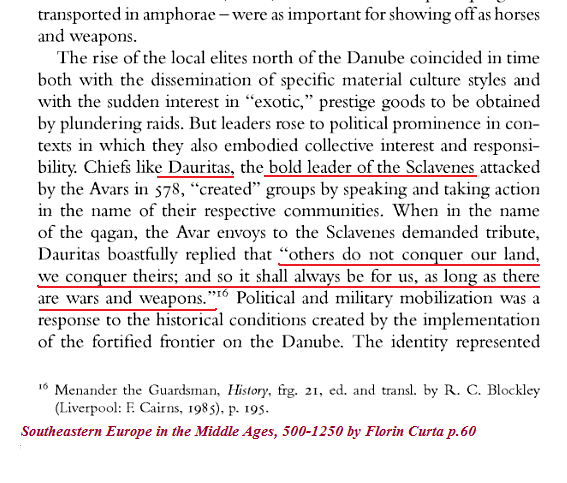
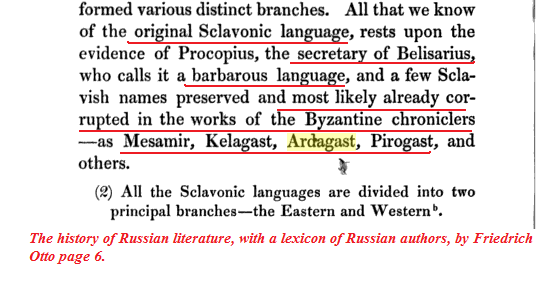
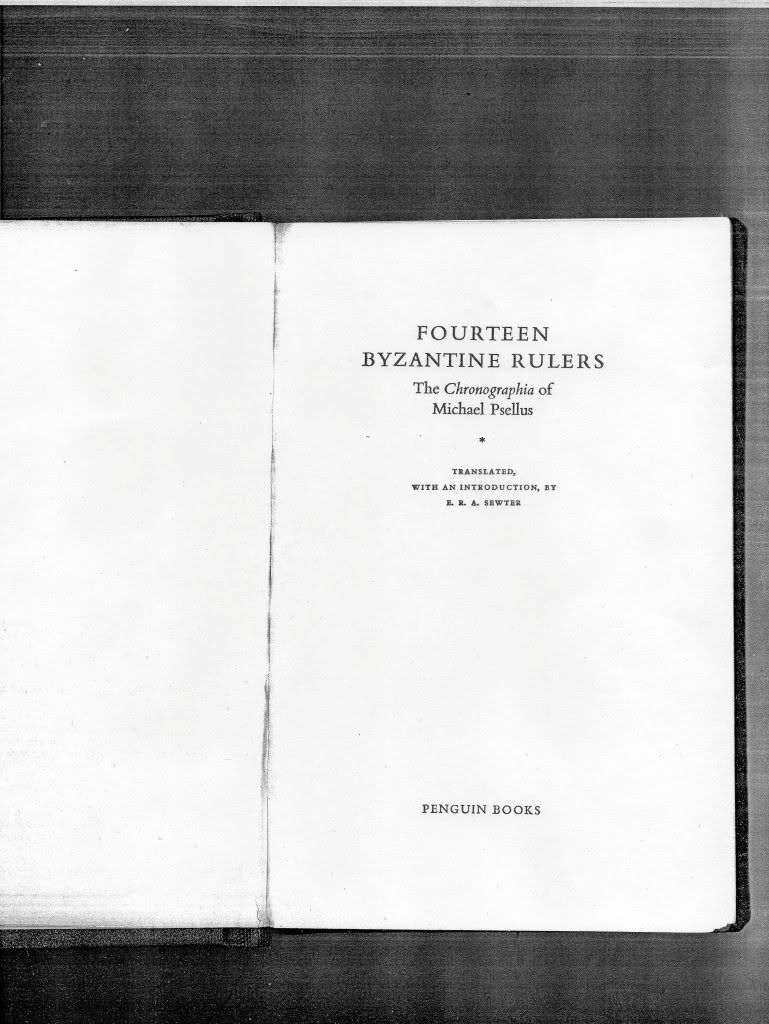


Leave a comment: